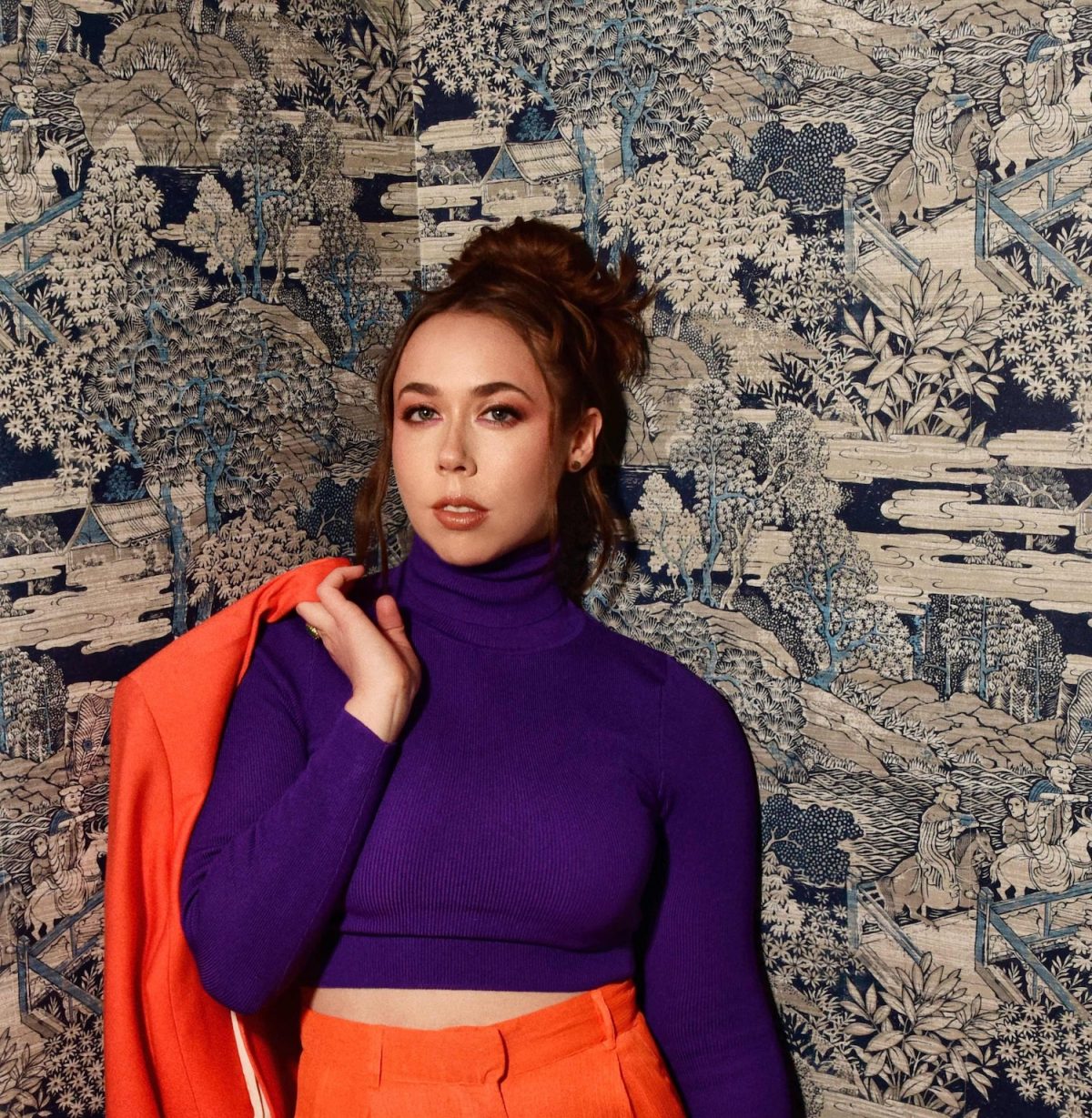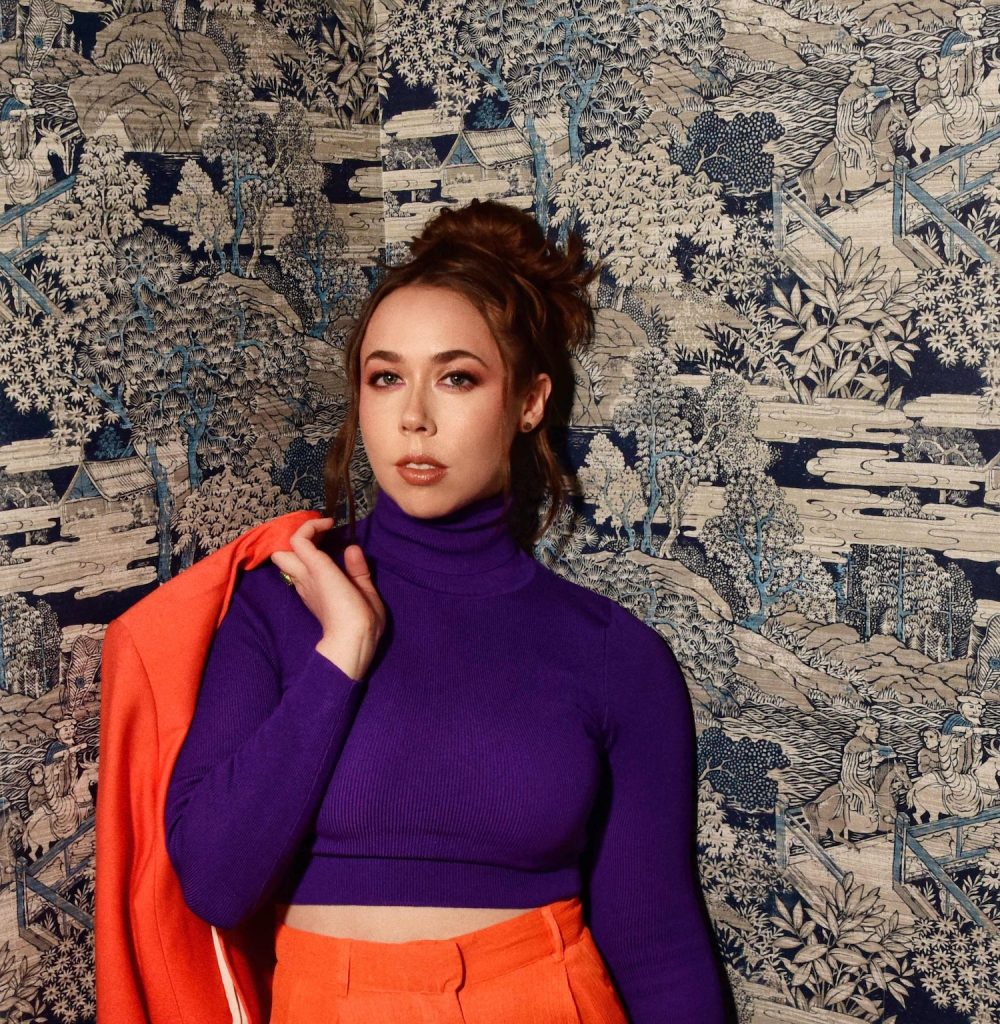
For Sarah Jarosz, it had to be validating to earn a Grammy Award (her fourth overall) for 2020’s World On The Ground, an album released in the thick of the pandemic, when so much great music fell into a lockdown-induced black hole. Produced with style and restraint by studio veteran John Leventhal, the Best Americana Album winner is a beautiful piece of work, propelled by inventive arrangements and one pristine melody after the next. It’s also one of the finest things Leventhal has helmed since Shawn Colvin’s 1996 breakthrough, A Few Small Repairs.
After 2021’s low-key song cycle, Blue Heron Suite, Jarosz aims to regain some commercial momentum with the new Polaroid Lovers (Rounder), the 32-year-old singer/songwriter’s seventh studio album in 15 years. A mandolin prodigy raised in Wimberly, Texas, she was just 18 when she released her debut, and the accolades have rained down pretty much ever since. Polaroid Lovers was produced by Daniel Tashian, who’s best known for his work on Kacey Musgraves’ Golden Hour, a 2019 Grammy winner for Album Of The Year. For the most part, Jarosz’s latest comfortably follows in the same refined folk/pop vein as World On The Ground, though with a bit more of a rock edge.
We caught up with Jarosz in her newly adopted hometown of Nashville, where she’s prepping for a tour that kicks off in Washington, D.C., on February 1.
From a songwriting standpoint, Polaroid Lovers is your most collaborative album to date. How did that come about?
I hadn’t really embraced cowriting with other songwriters before this record. Any cowriting I’d done was with other musicians—people in my band, for example. Every song on this record is cowritten by someone—mostly Daniel Tashian, but also Jon Randall, Natalie Hemby, Ruston Kelly … So, yeah, it does feel more collaborative in that sense.
How much did moving to Nashville play a role in your urge to collaborate more?
I moved here in March of 2020, so there wasn’t a lot of meeting up with people at first. I spent a lot of time at the house with my husband (acclaimed bassist Jeff Picker) making music. But when it came time to start thinking about a new record, I wanted some outside inspiration in terms of fleshing out what I wanted to say. In the spring of 2022, I decided to reach out to some writers I’ve always admired. I was sort of closed off to doing that on my earlier records because I was still finding my voice. It was cool to finally reach that moment where I felt there was actually something to be gained by meeting up with other writers I really respect.
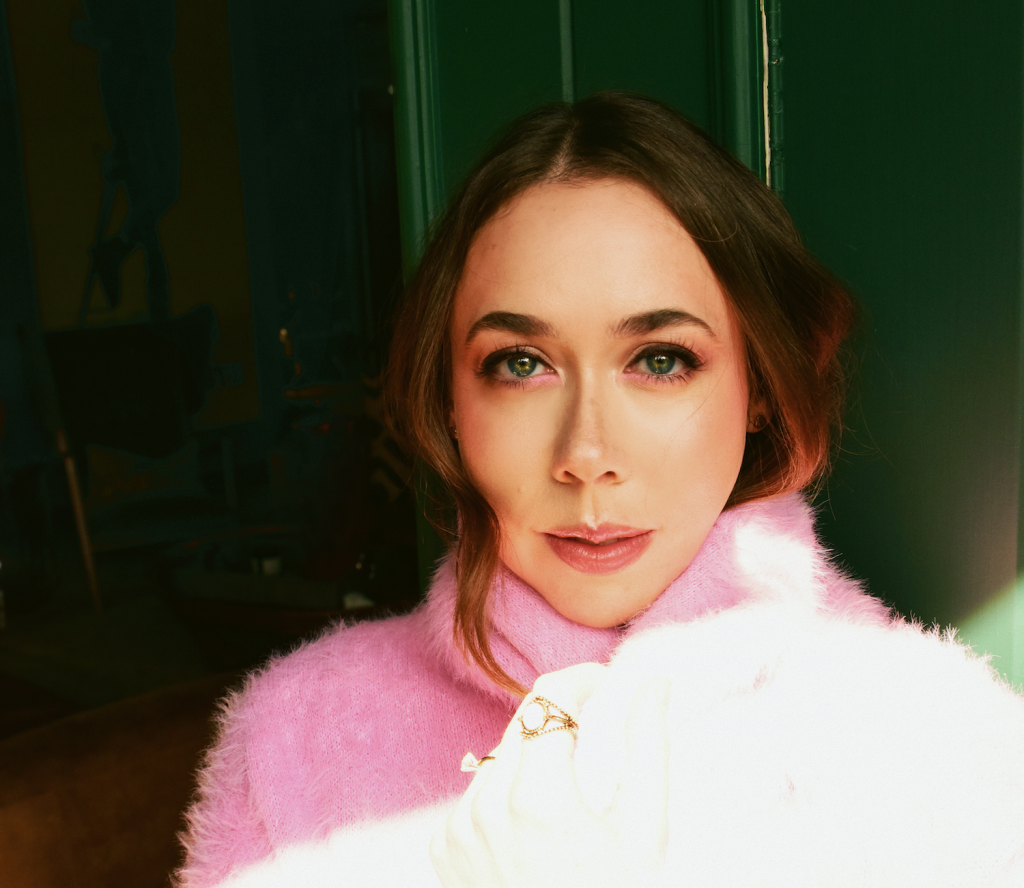
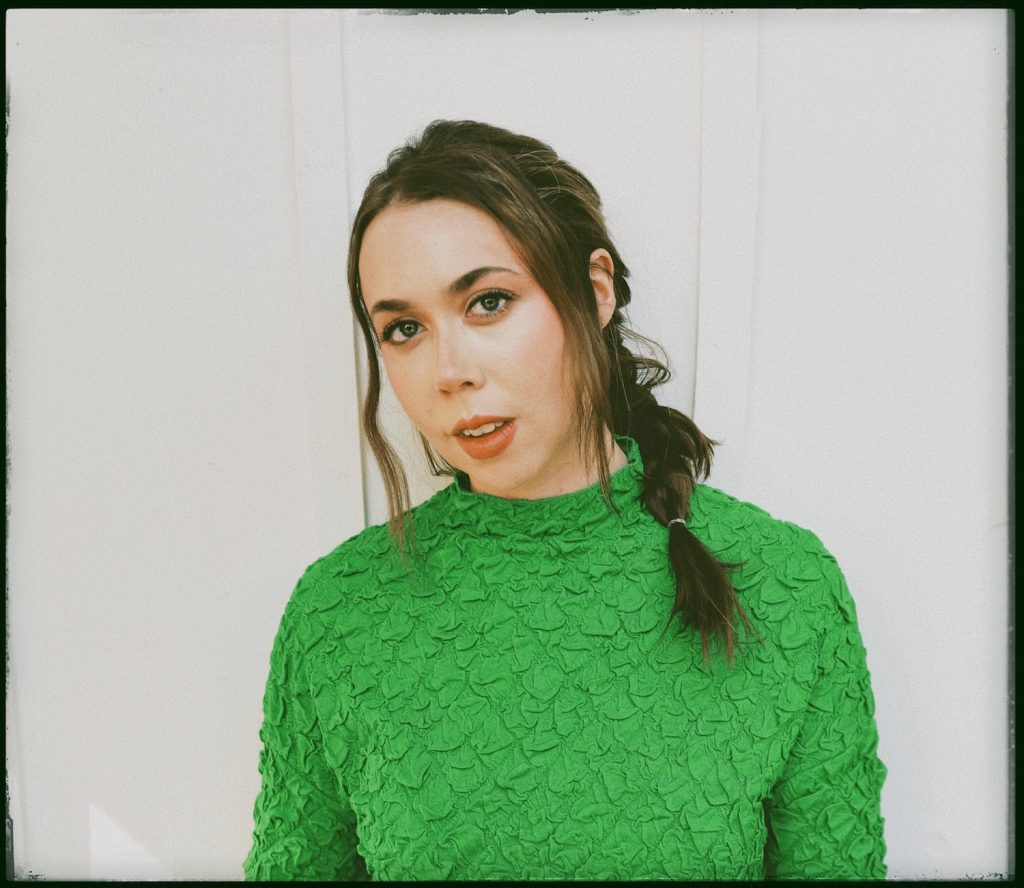
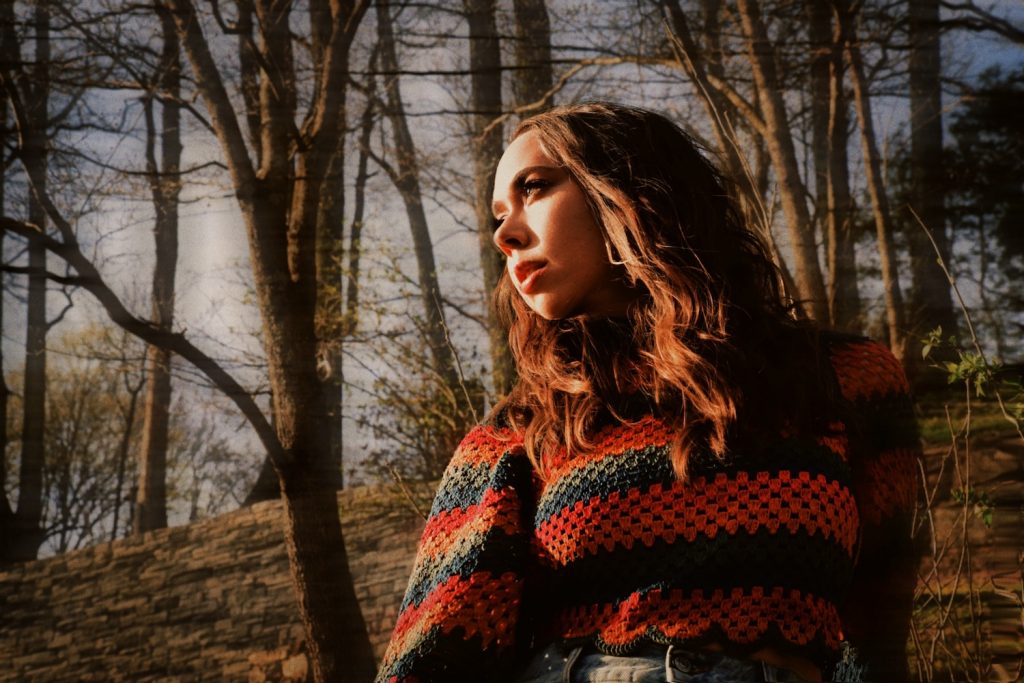
How was working with Daniel Tashian different from your experience with John Leventhal?
Daniel’s studio—the way he has it set up, the vibe—is almost like the Nashville version of what Leventhal has in New York. It’s a home studio. Its comfortable. It’s cozy. It feels like a safe space to try stuff. But with Leventhal, we were recording in bits as we went along. The demo would sometimes become the track itself. He plays everything, so something like “Orange And Blue,” for instance … He actually built out that track, playing drums, piano and bass, and recording a verse and a chorus. I wrote the vocal melody and lyrics and recorded my part over top of that.
With Daniel, we wrote everything on the front end. Our first writing session was the first day I met him. We wrote “Take The High Road”—the song that got me so stoked and made me see what this record could be. Then he put together a band, and we tracked the album in eight days, mostly live. That’s a very common occurrence in Nashville, but it was new and different for me. I think the energy from that process comes through on this record.
World On The Ground came out at pretty crazy time, yet it still got some great recognition. How weird was it to snag a Grammy Award in the middle of a pandemic?
The awards were virtual that year, so it was challenging. But that time was challenging for everybody, so I’m obviously not alone in that. We mastered the record in January or February of 2020, and there were a lot of conversations about whether we should even put it out at the time. Ultimately, I’m glad I did. I think it was comforting for people who dug into it, and I’m happy about that.
It seems like you’ve finally settled into a sound you’re comfortable with. How has that evolution felt over the past 15 years?
I feel confident and comfortable right now, especially with this record. But more than anything, that comes from time and growth—not being 18 and knowing myself a little better. It’s a never-ending thing. I hope that I never feel like I’ve arrived. There’s no finish line with art. The goal is to keep running the race.
—Hobart Rowland
Catch Sarah Jarosz on tour.


